|
It is time to see why a brewery goes organic:
''The most significant impact we can make on a manufactured product is in our choice of raw materials. We are a dedicated organic brewery certified by the soil association and all our beers are made with organic malt and hops. Here, we only source the very best ingredients from farming which has a positive effect on our environment, and never use ingredients which degenerate our environment, ecosystems or precious soils for capital gain. The organic standards support our ambition to produce the highest quality beers with care for people and the planet. Sustainability is at the core of the organic approach. The standards we have to adhere to include not only the ingredients, but also how organic beer is made, packaged and traded. Organic farming restricts the use of artificial chemical fertilisers and pesticides. Instead, organic farmers rely on developing healthy, fertile soil and growing a mixture of crops. No system of farming has higher wildlife benefits. Organic farming creates the highest level of biodiversity on the farm, the highest standards of animal welfare and the highest level of carbon sequestration in the soil. Organic farms tend to be diverse, have higher levels of employment per acre and are more likely to be involved in direct marketing of their produce. As an organic brewery we pay a premium for these ingredients however the market does not stretch to fully recover our margins. It is not a strategy for increased profit. Because we are uncompromising, we source the very best ingredients, we prioritise local, we will not buy ingredients which exploit our environment this is why organic is important to us. Source: Stroud Brewery Organic Farming lessens reliance on Pesticides and promotes Public Health by lowering Dietary Risks13/7/2021
Did you know there are pesticide residues in and on your food on a daily basis (unless you seek out and consume mostly organic food)? Pesticides include insecticides, herbicides, fungicides, fumigants, and plant growth regulators. These chemicals can be taken up by crops and some make their way to your kitchen table. We have all heard the saying “you are what you eat.” Yet a question lingers largely unanswered — What are the chemicals in the food we eat doing to our bodies, our health, and the integrity of the human genome (i.e. the DNA in our genes)? Cutting-edge research has begun to shed new and brighter light on the ways pesticide exposure can contribute to or cause adverse health outcomes. Pesticide exposures (from conventional food) have been linked to multiple health problems including - Cancer, - Getting and staying pregnant, - Developmental delays in children, - Heritable genetic changes, - Altered gut health, - Neurological disorders like Parkinson’s disease, and other chronic health problems. Clearly, pesticides can adversely impact the brain and our neurological system, the human immune system, and our reproductive health. Neurological impacts increase the risk of autism, ADHD, bad behavior, and can reduce IQ and hasten mental decline among the elderly. Anything that impairs the functioning of the immune system increases the risk of cancer, serious infections, and can worsen viral pandemics, as we have regretfully learned throughout the Covid-19 outbreak. Several pesticides have been shown to cause or contribute to infertility, spontaneous abortion, and a range of birth defects and metabolic problems in newborns and children as they grow up. So how do we avoid potentially harmful pesticide exposures? In the USA in 2021, the surest way to minimize pesticide dietary exposure and health risks is to consume organically grown food. How do we know? We have run the numbers. A recently-published HHRA paper, written by a team led by the HHRA Executive Director Chuck Benbrook, draws on multiple state and federal data sources in comparing the dietary risks stemming from pesticide residues in organic vs conventionally grown foods. The new paper is entitled “Organic Farming Lessens Reliance on Pesticides and Promotes Public Health by Lowering Dietary Risks”, and was published by the European journal Agronomy. Benbrook was joined by co-authors Dr. Susan Kegley and Dr. Brian Baker in conducting the research reported in the paper. There is good news in the paper’s many data-heavy tables. Organic farms use pesticides far less often and less intensively than on nearby conventional farms growing the same crop (see the chart below for an example from California). On organic farms, pesticides are an infrequently used tool, applied only when needed and after a variety of other control methods have been deployed. Plus, only a small subset of currently registered pesticides can be used on organic farms – just 91 active ingredients are approved for organic use, compared to the 1,200 available to conventional farmers. Pesticides approved by the USDA’s National Organic Program (NOP) are typically exempt from the requirement for a tolerance set by the EPA because they possess no, or very low, toxicity. NOP-approved pesticides cannot contain toxic, synthetic additives or active ingredients. Many of them are familiar household products, like soap, vinegar, clove oil, and rubbing alcohol. On many conventional farms, pesticides are the primary, or even sole tool used by farmers to avoid costly damage to crops by pests. Conventional farmers also have far more pesticide choices. The products registered for many crops include known toxic and high-risk chemicals linked to a number of adverse health outcomes. More good news — choosing and consuming organic food, especially fruits and vegetables, can largely eliminate the risks posed by pesticide dietary exposure (see figure below). In general, the residues of any given pesticide in organic samples are usually markedly lower than the same residue in conventional samples. This is important because pesticide residues in fruit and vegetable products account for well over 95% of overall pesticide dietary risks across the entire food supply. The pesticide-risk reduction benefits of organic farming now extend to a little over 10% of the nation’s fruit and vegetable supply. Impacts on the farm and farmers. While the dietary risks from pesticide use on organic farms compared to conventional farms is the focus of the Agronomy paper, the consequences of heavy reliance on pesticides by many conventional farms are also discussed. These include the emergence and spread of resistant weeds, insects, and plant pathogens that then require farmers to spray more pesticides, more often, and sometimes at higher rates – this is known as the herbicide treadmill. The heavy reliance on pesticides on conventional farms also can impair soil health and degrade water quality. It can undermine both above and below-ground biodiversity, and in some areas has decimated populations of insects and other organisms, including pollinators, birds, and fish. People applying pesticides and people working in or near treated fields are the most heavily exposed and face the highest risks. A grower’s choices in knitting together an Integrated Pest Management (IPM) system impacts workers, consumers, and the environment. Organic farmers rely on biological, cultural, and other non-chemical methods in their prevention-based IPM systems and generally succeed in keeping pests in check. Switching from conventional farming to organic production takes time and requires new skills and tactics. Most farmers who have made the change have done so mostly on their own. Other organic farmers and their pest control advisors remain the primary source of technical support and encouragement for neighboring farmers thinking about taking the plunge. The authors end the paper with a review of concrete actions, policy changes, and investments needed to support those willing to make the transition to organic. First, “organic farmers need better access to packing, processing and storage facilities linked into wholesale and retail supply chains.” In fact, many farmers hesitate to transition to organic not because of problems adhering to organic farming methods or controlling pests, but because of a lack of marketing opportunities. Second, agribusiness firms have shown little interest in developing and manufacturing the specialized tools and inputs needed by organic farmers. There are many unmet needs. Tillage and cultivation equipment suitable for small-scale operations is hard to come by, unless imported from Europe. Infrastructure investments are needed to increase the supply and quality, and lower the cost of compost and other soil amendments. More cost-effective ways are needed for organic farmers — and indeed all farmers — to rely on insect pheromones in disrupting mating and microbial biopesticides that control pests by disrupting their development, reproduction, or metabolism. Third and perhaps most important is “public education and access to information about the significant health, environmental, animal welfare, farmer, and worker benefits that arise when conventional growers successfully switch to organic farming.” The case for transitioning most of the approximate 1.2% of US cropland growing fruits and vegetables to organic is strong and bound to grow more compelling. The paper points out that the technology and systems exist to rapidly increase the organic share of fruit and vegetable production from a little over 10% today to over 70% in five to 10 years. The only thing holding back growers is the lack of demand. As more farmers switch to organic, more investment in tools, technology, infrastructure, and human skills will bring to organic food supply chains the same economies of scale that now make conventional produce so affordable. As a result, over time the organic price premium will narrow as the supply of organic produce expands. Organic farming reduces pesticide reliance and dramatically reduces dietary risk. The opportunity to promote healthy pregnancies and thriving newborns via farming system changes will join the need to build soil health and combat climate change in driving new investments and policy changes that will hopefully support farmers open to innovation and willing to transition to organic. Source: Heartland Health Research Alliance webpage NYERI, Kenya, Jul 7 – As coffee prices in the county improve, a section of farmers from Mathira constituency have embraced organic farming as a way of upgrading production and the quality of their produce. The farmers who are plying their trade at Kanyama village say they no longer use conventional fertilizers, but instead use organic fertilizers as well as manure in order to ensure their crop conforms with the standards of European markets. The farmers say they hope that their produce will triple and that their soils are not affected by residues left behind by harmful fertilizers. ''I started farming with organic fertilizers this year and I have already started seeing change''“I started farming with organic fertilizers this year and I have already started seeing change. For instance, my coffee bushes have increased production, ” said Jane Wanjiku, a farmer based in Mathira said. Job kareithi who produces an organic fertilizer called Biodeposit says that many farmers are increasingly using his product due to its benefit. “We as manufactures are encouraging farmers to use organic farm inputs because many consumers abroad follow on what farmers use to grow their produce at the farm level,” he said. “Some coffee gets rejected due to chemical residues that exceed the set parameters especially in European markets,” said Kareithi, adding that is why he ventured into making organic fertilizers. To encourage farmers to take his method of farming, Kareithi says that they have grouped farmers in zones not only in Nyeri county but also in Kirinyaga where they conduct training sessions on the proper use of organic fertilizers. The move comes at a time when the government through the ministry of agriculture has embarked on a campaign to increase coffee production by rising the number of income farmers earn. Among the raft of measures that have been announced by Cabinet Secretary of Agriculture Peter Munya is the new coffee act that will see the return of a coffee board and the establishment of the coffee exchange backed by a vibrant coffee auction.
The country’s production has gone to an all-time low of 20,000 metric tonnes as opposed to triple production of more than 100 metric tonnes realized in the eighties. Source: Capitalfm.co.ke/business If you would love to feed your family healthy and organic meals but don’t know where to start, you have come to the right place! In this article, we will share a few simple, yet fantastic recipes that are easy to follow. These recipes will finally let you prepare a healthy, clean, and organic meal for your family without breaking the bank. Ready? Let us begin! 1. Cassava Flour Pancakes This is something to try if you love your pancake thick, healthy and organic. These cassava flour pancakes will keep you filled and healthy as you start the day. Ingredients (for a serving of three)
. Sesame Fried Rice This recipe is a little bit different from the common fried rice recipe. Usually, fried recipes require you to scrambled eggs at the end of the cooking. But in this recipe, you cook the rice with the eggs from the beginning slowly to not brown the eggs. You can also add a side of Organic meat, green onions, or any other cooked veggies for a full experience., Ingredients (For A Serving Of Three)
3. Tomato Carrot Soup If you want something simple, yet filling, the tomato carrot soup is a great choice. Ingredients
Instructions
4. Seared Wild Salmon In Lemongrass Broth Ingredients
Instruction
As earlier stated, these recipes are simple and do not take a lot of time to complete. If you want to switch to the organic way of life, this is a great starting point. Source: Warrington Worldwide website Highest levels of ‘fluid intelligence’ associated with better diet, cleaner air and good living conditions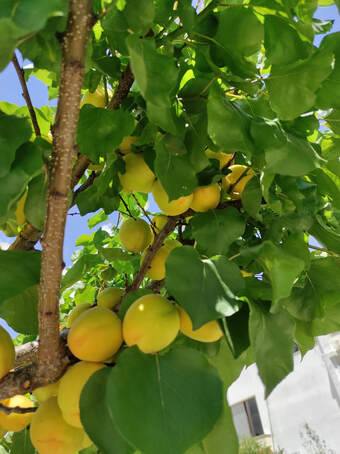 Apricot tree full of fruit which is used as ingredient in jams Apricot tree full of fruit which is used as ingredient in jams Children who eat organically produced food have been linked with better cognitive development, an international study has shown. Researchers in Spain examined levels of children’s “fluid intelligence”, which is the ability to solve reasoning problems and use “working memory” – the ability to retain new information while it is needed in the short term. Children who eat organically produced food have been linked with better cognitive development, an international study has shown. Researchers in Spain examined levels of children’s “fluid intelligence”, which is the ability to solve reasoning problems and use “working memory” – the ability to retain new information while it is needed in the short term. The team said their findings suggested healthier diets could have a direct impact on the development of children’s brains. Lead author Jordi Júlvez, who worked alongside academics at Barcelona’s Institute for Global Health, said: “Organic diets are richer than fast food diets in nutrients necessary for the brain, such as fatty acids, vitamins and antioxidants, which together may enhance cognitive function in childhood.” Scientists also said factors such as eating junk food, living in overcrowded houses and exposure to domestic tobacco smoke were associated with reduced levels of fluid intelligence. In addition, exposure to fine particulate matter (PM 2.5) indoors was associated with lower working memory scores. The research team used data from 1,298 children aged 6-11 years from six European countries – the UK, France, Spain, Greece, Lithuania and Norway. They examined 87 environmental factors the children were exposed to in utero, including air pollution, traffic, noise, various chemicals and lifestyle factors, and another 122 factors they were exposed to during childhood. They said their aim was to analyse the influence these factors could have on the development and maturation of the human brain. “During childhood the brain is not yet fully developed for efficient defence against environmental chemicals and is particularly sensitive to toxicity, even at low levels that do not necessarily pose a risk to a healthy mature brain,” the researchers said. The authors said the research was unique as their method took into account the totality of exposures rather than focusing on a single one. They said this provided a better understanding of the complexity of multiple environmental exposures and their simultaneous effect on children’s brain development. They noted that there has previously been little research on the relationship between diet and cognitive function, but fast food intake has been associated with lower academic development success and some previous studies have also reported positive associations between organic diets and executive function scores. Organic diets are richer than fast food diets in nutrients necessary for the brain, such as fatty acids, vitamins and antioxidants“In our study we found better scores in fluid intelligence and working memory with higher organic food intake and lower fast food intake,” said Dr Júlvez.
In contrast, exposure to tobacco smoke and indoor PM2.5 during childhood may negatively affect cognitive function by enhancing pro-inflammatory reactions in the brain, the researchers suggested. But Dr Júlvez, cautioned that “the number of people living together in a home is often an indicator of the family’s economic status, and that contexts of poverty favour less healthy lifestyles, which in turn may affect children’s cognitive test scores”. The research is published in the journal Environmental International. Source: Newpaper Indepedent on the web |
Archives
January 2023
Categories
All
|
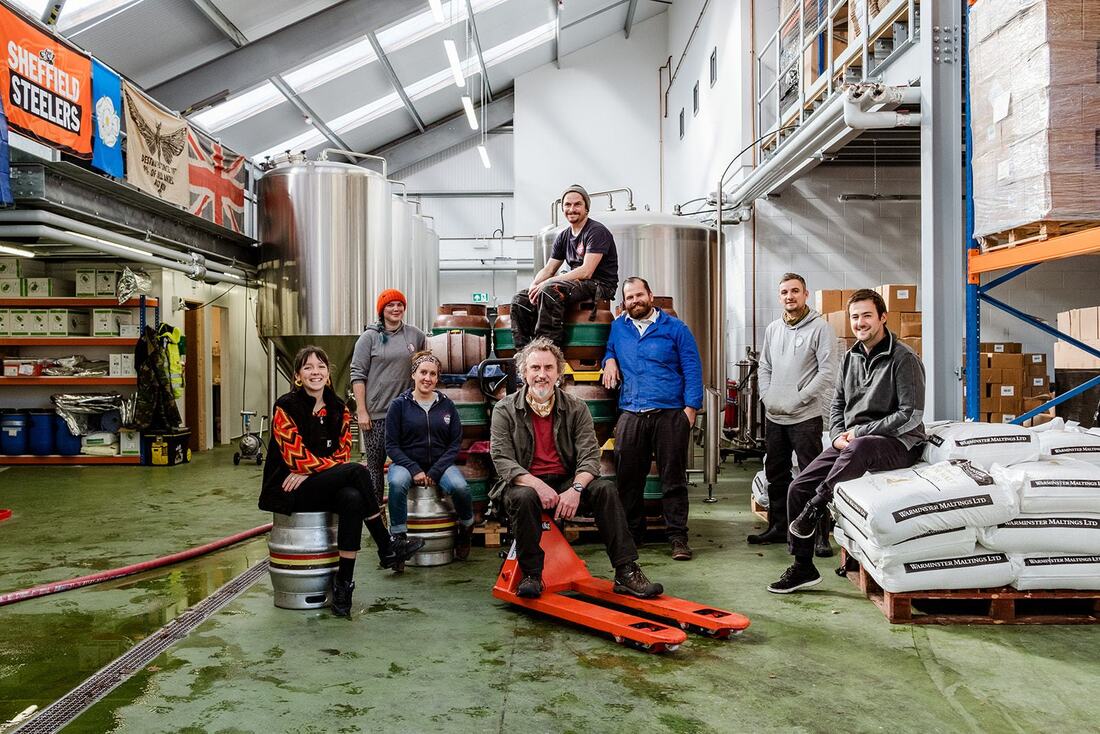
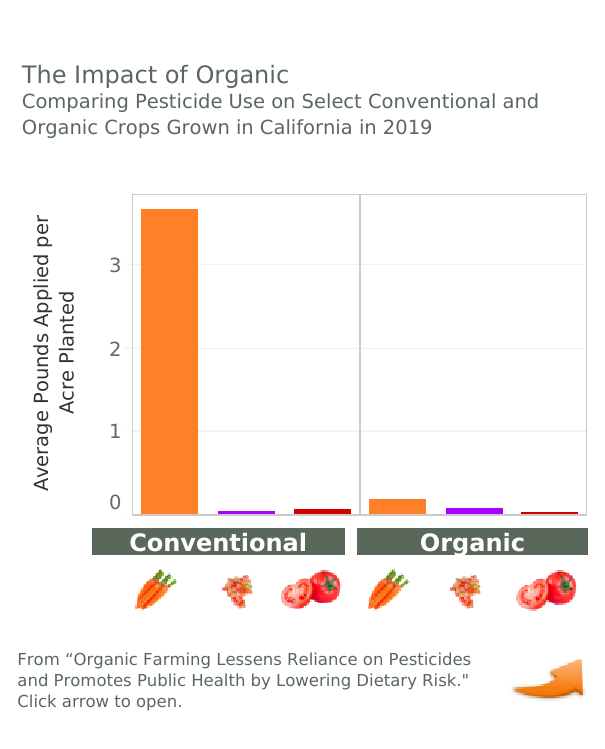
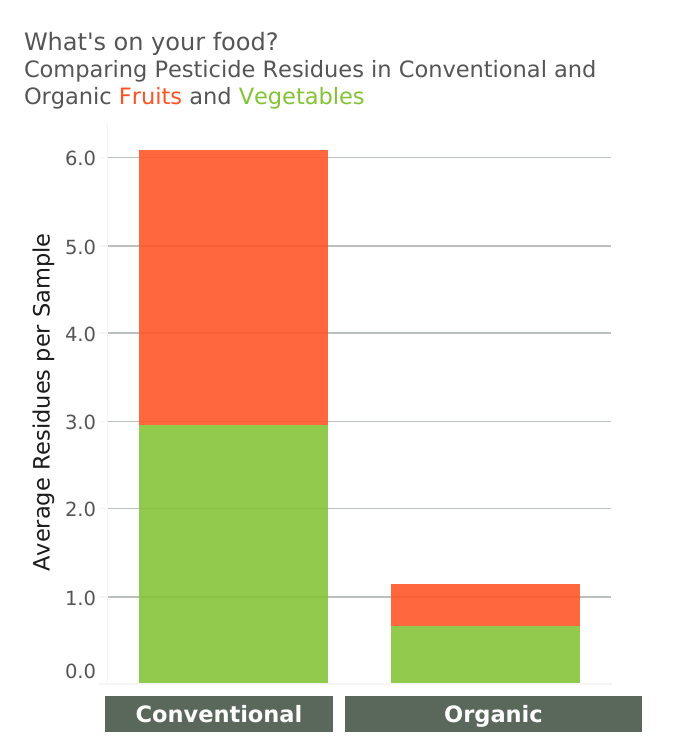
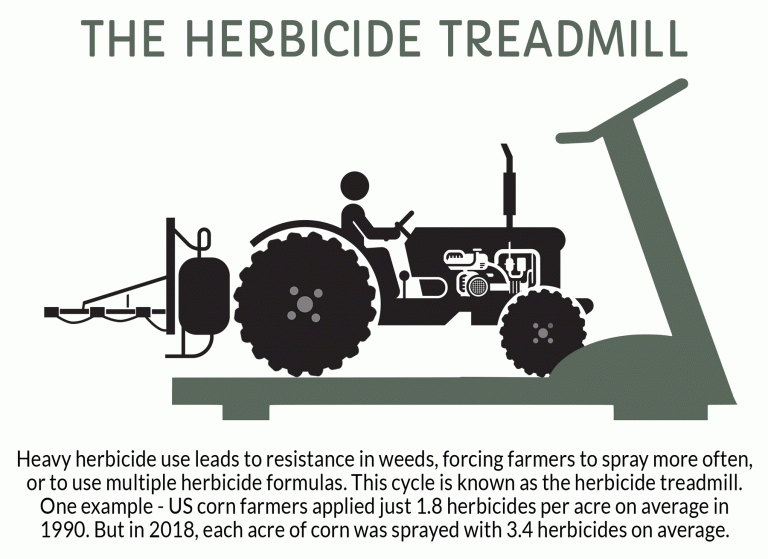
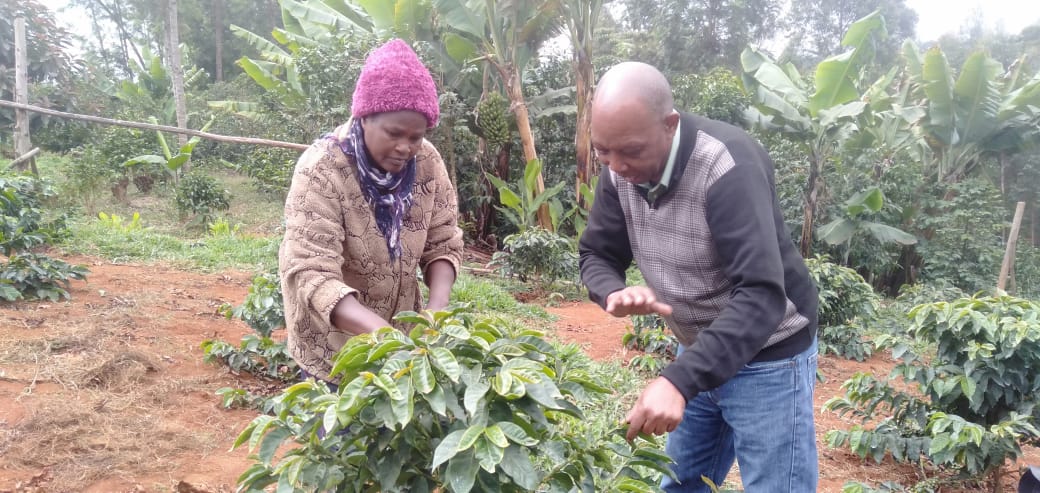

 RSS Feed
RSS Feed
